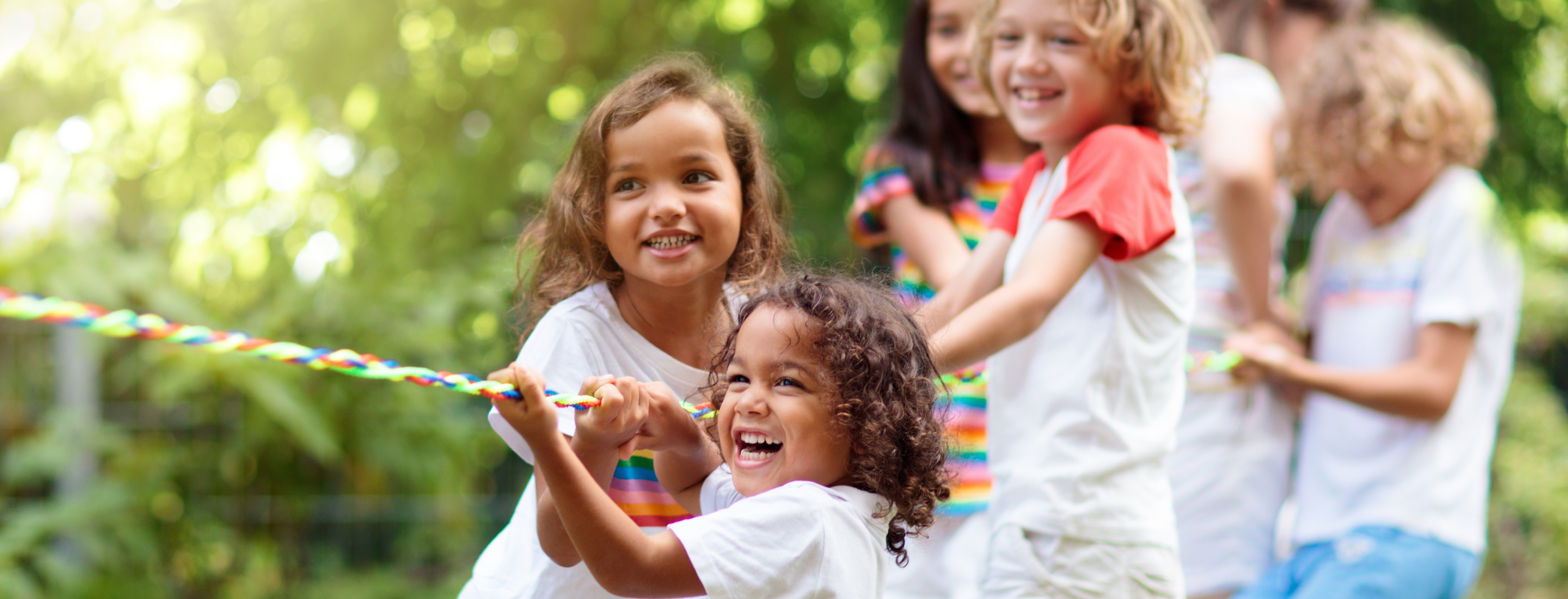Empowering childcare centres with tools to simplify operations and enhance outcomes
Automate payments, manage subsidies, and ensure financial accuracy with ease.
Effortless communication between families and educators for instant updates, messages, collaboration, and conversations.
Track, document, and celebrate every milestone in a child’s journey.
Simplify enrolment, manage waitlists, and track attendance effortlessly.
Streamline scheduling, performance tracking, and team communication.
Keep families informed with real-time updates and daily reports.
Discover how Parent can transform your childcare centre’s operations
Access a variety of tools, guides, and insights to help you get the most out of Parent
Stay updated with industry trends, expert advice, and childcare management tips.
See how childcare centers like yours achieved success with Parent.
Find quick answers to the most common questions about Parent's features and services.
Join live sessions or watch on-demand webinars for in-depth guidance and tips.
Get step-by-step support with articles, guides, and troubleshooting resources.


International Women's Day is a global celebration of the social, economic, cultural, and political achievements of women. It is an opportunity to celebrate women's rights and to raise awareness of the challenges that women still face. Early years settings can play a crucial role in teaching children about gender equality and empowering them to challenge gender stereotypes. In this article, we will explore the importance of celebrating International Women's Day in early years settings and provide practical ideas for how to do so.
Early years settings are crucial in shaping children's attitudes toward gender roles and stereotypes. Celebrating International Women's Day can help to promote gender equality and challenge stereotypes about women's roles and abilities. By celebrating the achievements of women in history and contemporary society, children can learn that women have played and continue to play a vital role in shaping our world.
Celebrating International Women's Day can also help to promote diversity and inclusion in early years settings. By celebrating the achievements of women from different cultural backgrounds and walks of life, children can learn to appreciate and value diversity. It can also help children to see themselves reflected in positive role models and to understand that they can achieve anything they set their minds to, regardless of their gender or background.
Celebrating International Women's Day can also help to develop empathy and respect for others. By learning about the experiences of women who have faced discrimination and inequality, children can develop a greater understanding of the struggles that some people face. This can help to foster a sense of empathy and respect for others and encourage children to stand up against unfairness and discrimination.
One way to celebrate International Women's Day is by reading books that feature strong female characters or biographies of famous women. Teachers can use these stories as an opportunity to discuss the contributions of women to society and to challenge gender stereotypes.
Children can create artwork or crafts that celebrate the achievements of women. For example, they could create a collage of famous women or design their own superheroine. This can help to develop creativity and encourage children to think about how women can make a difference in the world.
Dressing up as famous women or role-playing different careers can help to challenge gender stereotypes and encourage children to think about the different possibilities for their future. For example, children could dress up as astronauts, doctors, or politicians and discuss the role that women have played in these fields.
An International Women's Day assembly can be a great opportunity to celebrate women's achievements and raise awareness of the challenges that women still face. Teachers can invite guest speakers or create their own presentations to share with the children. This can help to develop a sense of community and encourage children to feel proud of their contributions to gender equality.
Early years settings can also organize fundraising and charity events in honor of International Women's Day. For example, children could create a bake sale or a sponsored walk to raise money for a women's charity. This can help to teach children about the importance of giving back and making a positive impact in their community.
Celebrating International Women's Day is important because it raises awareness of the contributions of women to society and the challenges that women still face. It's an opportunity to promote gender equality and diversity and inclusion and empower women and girls to achieve their full potential.
Early years settings can celebrate International Women's Day through storytelling, arts and crafts, dress-up and role-play, assemblies, and fundraising events. These activities can help to promote gender equality and diversity and inclusion and empower children to challenge gender stereotypes.
Early years settings can embed gender equality principles into the daily curriculum by using books and resources that promote gender equality, creating a classroom environment that reflects diversity and inclusion, and challenging gender stereotypes through discussions and activities.
Families and the wider community can support early years settings in promoting gender equality by engaging in discussions about gender roles and stereotypes, providing resources and materials that promote diversity and inclusion, and supporting fundraising and charity events that promote gender equality.
Individuals can support gender equality by challenging gender stereotypes, promoting diversity and inclusion, supporting women-owned businesses, and advocating for policies and practices that promote gender equality.
International Women's Day is a crucial opportunity to celebrate the achievements of women and to raise awareness of the challenges that women still face. Early years settings can play a vital role in promoting gender equality, encouraging diversity and inclusion, and developing empathy and respect for others. By celebrating International Women's Day in creative and engaging ways, teachers can help to shape children's attitudes towards gender roles and empower them to challenge gender stereotypes. Through storytelling, arts and crafts, dress-up and role-play, International Women's Day assemblies, and fundraising events, children can learn about the contributions of women to society and be inspired to make a positive impact themselves.
It's essential to remember that celebrating International Women's Day is not a one-time event. It's crucial to embed gender equality and diversity and inclusion principles into the daily curriculum and classroom environment. Early years settings can make a difference in promoting gender equality, and it's vital to involve families and the broader community in these efforts.
By celebrating International Women's Day in early years settings, we can help shape the next generation of leaders who value and promote gender equality and diversity, and inclusion. Together, we can create a world where women have equal opportunities and are valued and respected for their contributions to society.


